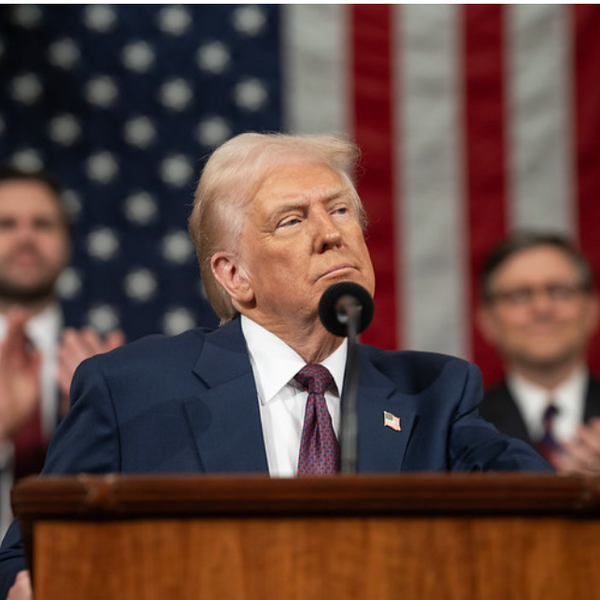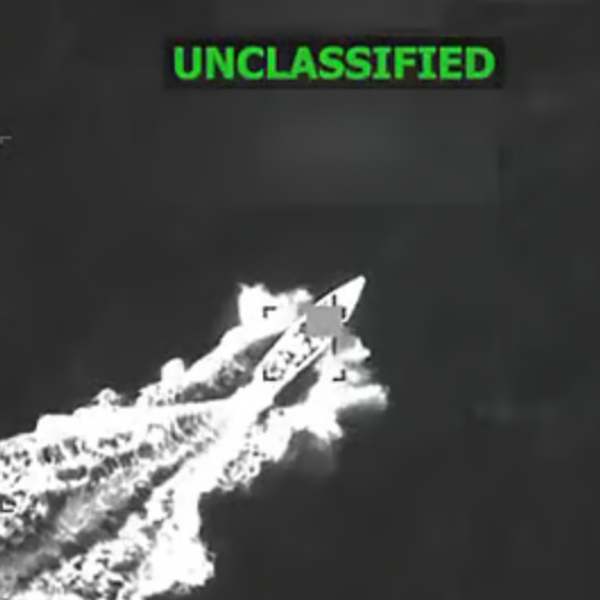Jerusalem (AFP) – As Washington and Tehran seek detente, Israel and the United States remain divided over the Iranian nuclear issue, commentators say, despite efforts to play down their differences.
Washington has long insisted on sanctions and diplomatic efforts to pressure Tehran over its atomic programme, which the West and Israel allege is aimed at producing a nuclear bomb and which Iran denies.
For its part, Israel has repeatedly advocated military force and has threatened unilateral strikes against the Islamic republic.
On Monday, U.S. President Barack Obama met Israeli Prime Minister Benjamin Netanyahu at the White House, and said military force was still an option.
And Netanyahu suggested that, for now, he accepted U.S. diplomatic efforts with Iran.
But on Tuesday, he told the UN General Assembly that Israel was ready to act “alone” to stop Iran getting a nuclear bomb.
“Israel will not allow Iran to get nuclear weapons. If Israel is forced to stand alone, Israel will stand alone,” Netanyahu said, in a grim warning to world leaders and ministers gathered in New York.
“As dangerous as a nuclear armed North Korea is, it pales in comparison to the danger of a nuclear armed Iran,” he said.
The Obama-Netanyahu meeting came hot on the heels of a historic telephone conversation between the US president and his Iranian counterpart Hassan Rouhani, which spurred hopes for a breakthrough in the 30-year estrangement between Washington and Tehran.
But the meeting’s seemingly reassuring dialogue belied acute differences between the United States and Israel over how to approach an Iran that has been reaching out to the Western world, observers said.
“While President Obama and Prime Minister Netanyahu smile for the cameras, the actual situation is entirely different,” wrote Eli Bardenstein, of the rightwing Maariv daily.
“There are significant gaps between the United States and Israel concerning the nature of how to deal with the Iranian nuclear issue,” he said. “One of the big gaps that was revealed between the leaders during their meeting at the White House… revolved around Netanyahu’s demand that Iran suspend its nuclear programme during the negotiations. Netanyahu even told Obama that if Iran would not do this, then the sanctions must be intensified.”
Iran has refused to accede to international demands to stop enriching uranium, a process that can, in its more advanced form, yield the fissile core of a bomb.
In reaction, the international community has slapped numerous punitive sanctions on Tehran.
Obama has argued that words are not enough, and that Iran must take verifiable steps to prove it is meeting “international obligations fully and that they are not in a position to have a nuclear weapon.”
But he has also said that, after signing up to such a regime, Iran should retain the right to a “peaceful” civilian nuclear energy program.
Top-selling Yediot Aharonot agreed that Obama and Netanyahu had simply presented a facade after their talks.
“Netanyahu seemed to be singing a different tune,” it said, after the premier warned before he left home that he would speak out against the “sweet talk” and “charm offensive” coming from Tehran.
“Instead of being a party-pooper, he joined the party. He spoke in soft and conciliatory tones about his willingness to stand by and not to get in the way of the world as it tried to reach a diplomatic solution with Iran,” the paper wrote. “That said, Netanyahu yesterday looked like someone who had been dragged against his will to this party; he looked like he was just waiting for the Iranians to make their first mistake so he could cry out to the world: ‘I told you so.'”
But a member of Netanyahu’s Likud party, MP Tzahi Hanegbi, disagreed. He told public radio “the Israelis and the Americans are on the same page, if we look at what Obama and Netanyahu said. Their evaluation is the same, because they both understand that nice words and the smile offensive of Rouhani could be positive, but need to be backed up by action.”
But left-leaning daily Haaretz put the U.S.-Israeli divergence in the strongest terms.
“An abyss yawns between Netanyahu’s view of the Iranian issue and Obama’s,” it thundered. “For the Israeli premier, Iran is Amalek, the Biblical nation described as the Jews’ bitterest enemy. He has little faith therefore in dialogue with Iran, preferring sanctions and military force.”








